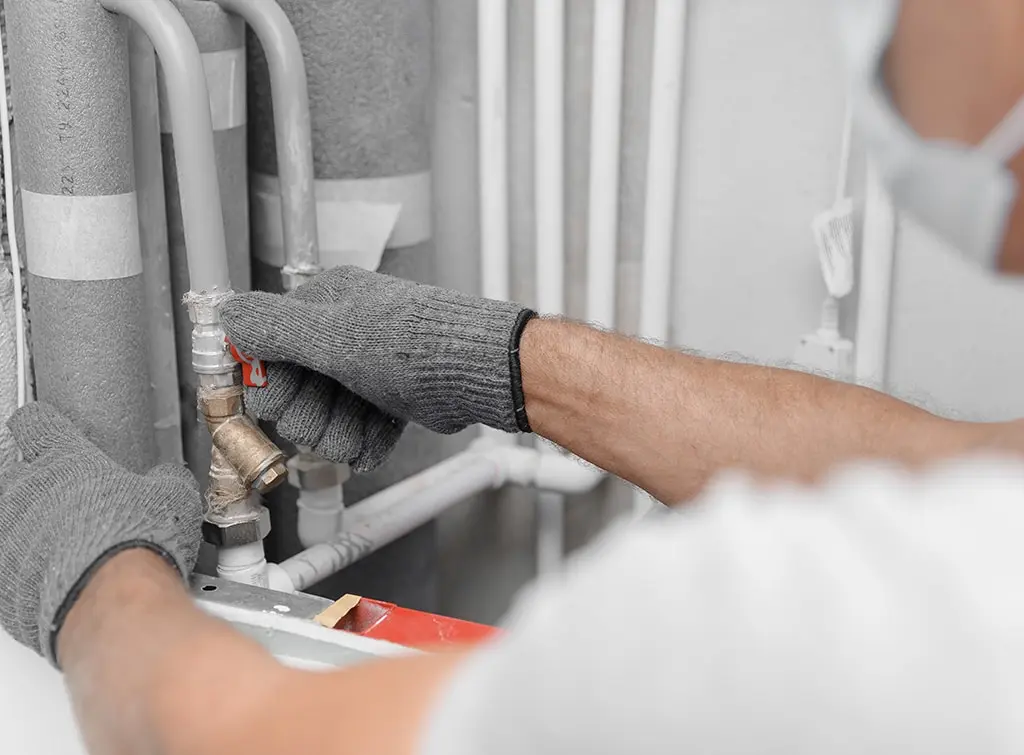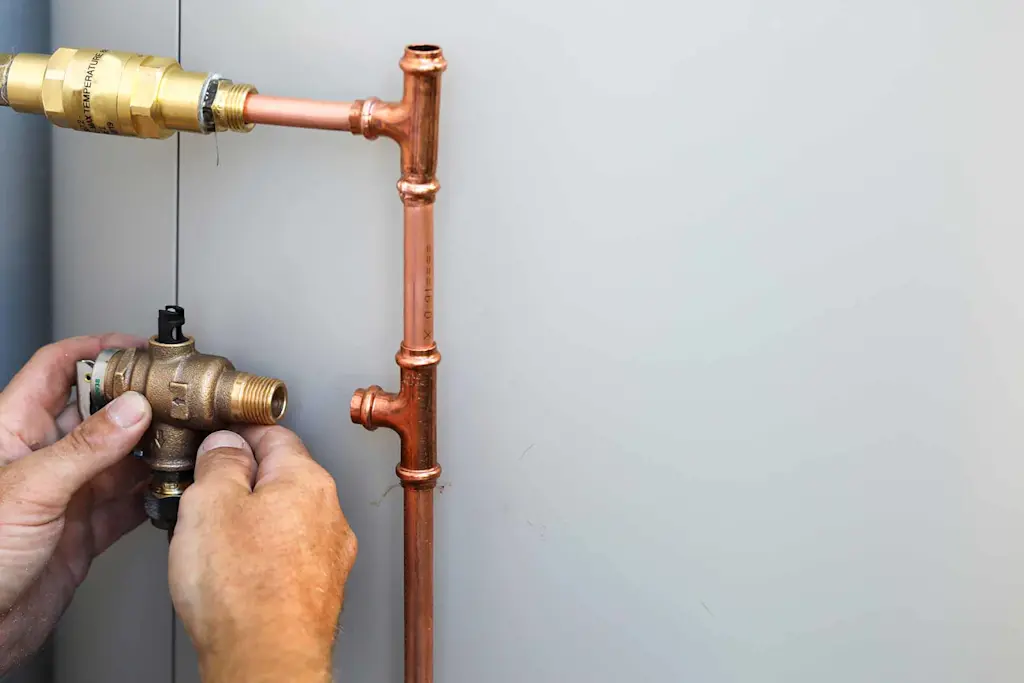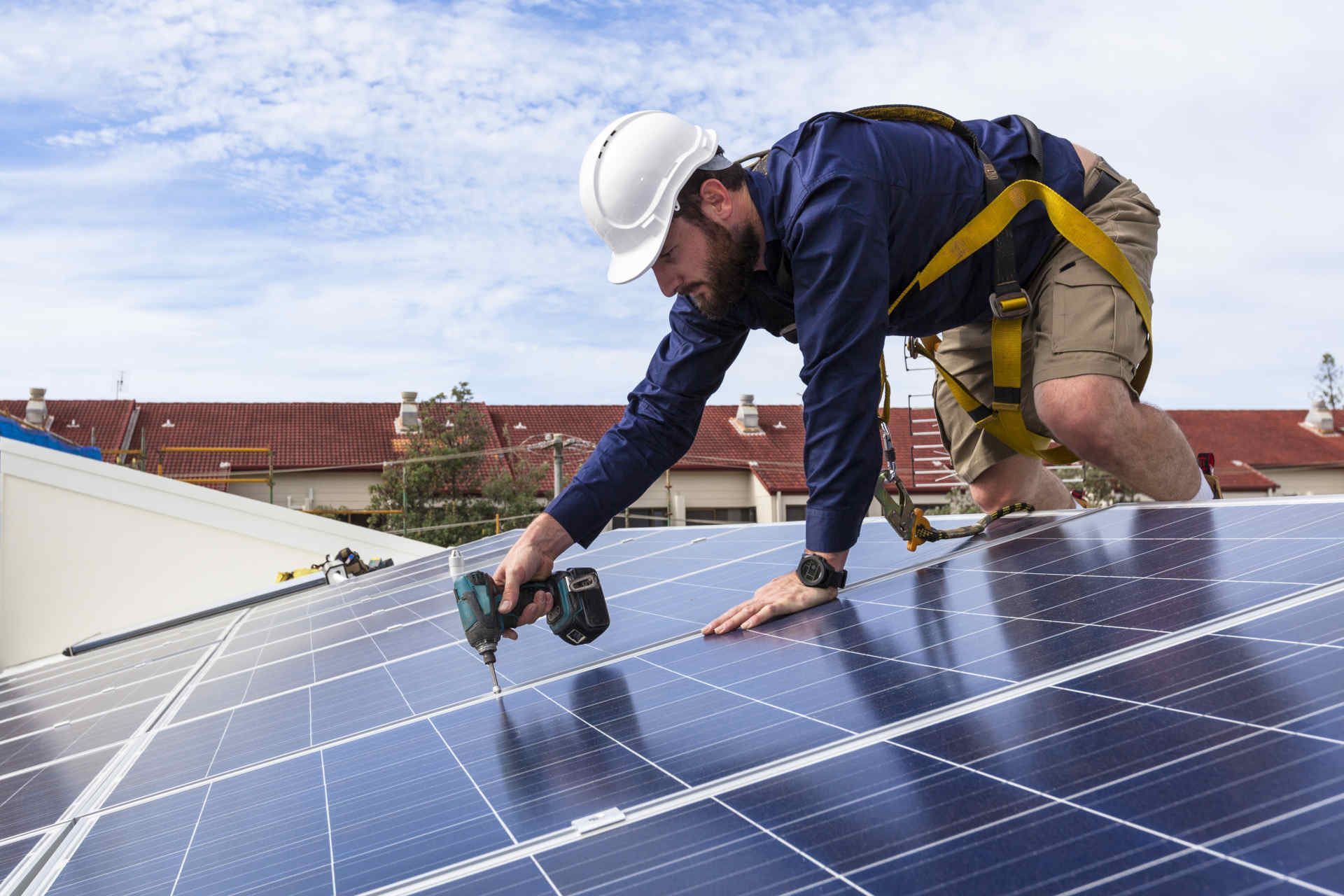Blog>Expert Advice>Your complete guide to soundproofing pipes
Last updated: 27 March 2024
Your complete guide to soundproofing pipes
Noisy pipes can make it all but impossible to get peace and quiet at home. Here’s everything you need to know about soundproofing pipes.

Noisy pipes can cause real problems in your home – whether your morning shower is waking up the kids or a whistling sound is making it impossible to relax. Here, we’ll explore all you need to know about soundproofing pipes so you can get some peace and quiet.
Why is soundproofing pipes important?
Pipes are a vital part of any home. But the walls and ceilings that they’re hidden behind don’t provide much soundproofing.
Normally, soundproofing pipes should be carried out during construction. But any exposed or accessible pipes can also be soundproofed retrospectively.
This is especially common in older homes with cast iron pipes, although copper and PVC piping can also be soundproofed after construction.
Why might I need to soundproof plumbing pipes?
If you’re suffering from noisy pipes, the first step is to work out what’s causing the issue.
There are two main types of plumbing pipes in your home: water pipes and drain pipes.
Water pipes bring clean water into your home, which you then use in your sinks, toilets, dishwasher, washing machine and shower.
On the other hand, drain pipes use gravity to take waste water away from your home. They’re not usually as noisy, unless they’re banging against your water pipes.
Here are a few of the main causes of noisy pipes in the home.
1. Loose pipes
If your pipes aren’t securely fixed in place, they can vibrate when water passes through them.
This can cause a rattling sound.
2. Water hammer
When a valve closes in a high-pressure water line, this can cause a knocking noise called water hammer.
Often, you’ll hear it when you quickly close a tap or when an appliance like a dishwasher suddenly closes a water valve. In this case, high-pressure water that has nowhere to go might slam against your pipes, causing them to move and bang against the wall or other pipes.
Not only can this make a racket, but it could also damage your pipes in the long run.
3. Copper pipes expanding and contracting
If you have copper water pipes, they’ll expand when you use hot water. As they do so, they can hit surrounding pipes and other objects, which can make a ticking noise.
Then, when your pipes cool down, they might make a creaking sound as they contract.

How do you soundproof a noisy pipe?
How you soundproof a noisy pipe will depend on the cause of the issue.
However, here are some of the main steps you can take:
Wrap with pipe sound insulation
Using pipe sound insulation is one of the easiest ways to soundproof exposed pipes.
You essentially just wrap the pipe with soundproofing material to muffle the noise and dampen vibrations.
Fill the wall cavity
Depending on where your pipe is located, it might be tricky to wrap it in soundproofing material.
If this is the case, you could instead insert sound insulation into the wall cavity. Just press it into the stud or joist bay and it should help to dull the sound of your pipes.
Secure pipes with straps
If the noise you’re experiencing is to do with a loose pipe, securing it properly can help.
This might involve fixing the pipe in place with straps, or tightening any loose straps.
Drain the air chamber
If water hammer is what’s causing the commotion, you might need to drain the air chamber. Air chambers are small vertical pipes that are meant to regulate pressure and stop water hammer.
Alternatively, you can get a water hammer arrestor installed to help absorb hydraulic shocks.
Lower the water pressure
Another step you can take to address water hammer is to check your water pressure.
Sometimes, water hammer is a sign that your water pressure is too high. As a general rule, it shouldn’t be above 60 PSI. If it is, it likely needs lowering.
Turn down your water heater
If you’re struggling with copper pipe noise, turning down the thermostat on your water heater might help.
The best hot water tank temperature for homes in the UK is 60°C. Be careful not to let the temperature drop below 50°C as this will increase the risk of growing bacteria such as Legionella, which can cause Legionnaires disease.
Get an expert’s help with soundproofing water pipes
As you can see, there are several options for soundproofing drain pipes and water pipes.
But without the right expertise, it can be tricky to accurately pinpoint the cause and invest in the right solution.
With that in mind, we’d always recommend getting the help of an expert. They’ll have the skills, experience and equipment needed to get to the bottom of your noisy pipe issue, and will be able to stop the racket once and for all!
Enter your postcode into the search box below to find a reliable plumber near you.
See the tradespeople we've checked and recommend for your job
See the tradespeople we've checked and recommend for your job


